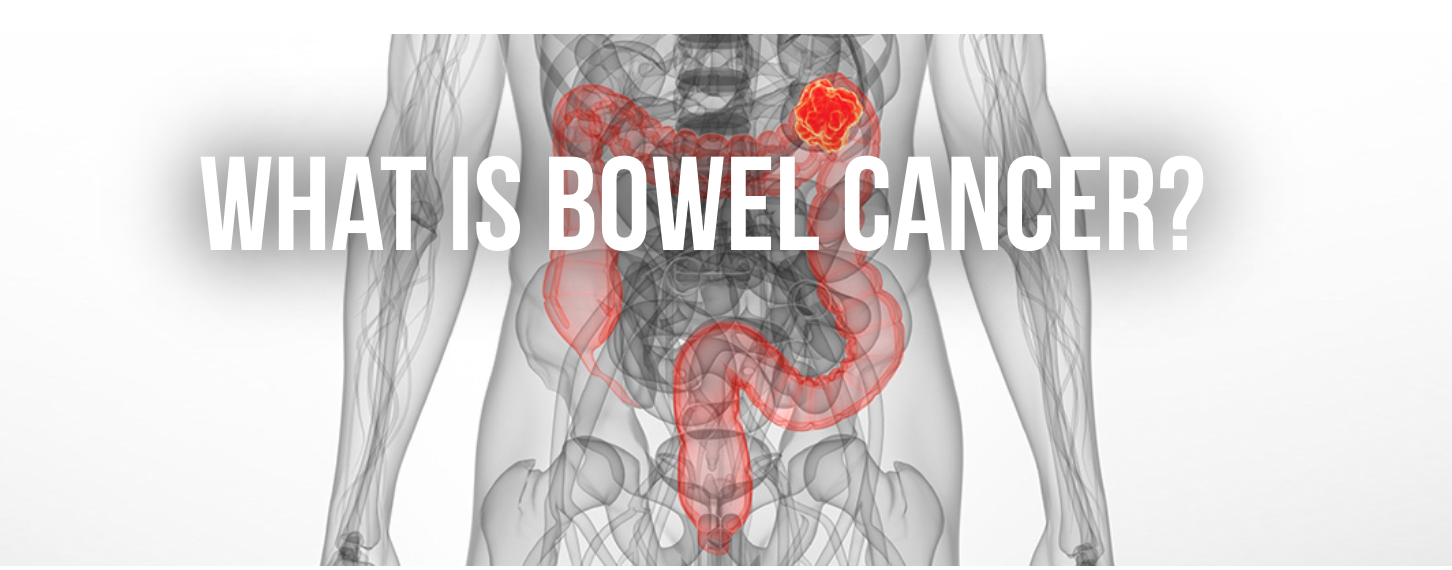Colorectal cancer, also known as bowel cancer, colon cancer or rectal cancer, affects men and women, young and old. Australia has one of the highest rates of colorectal cancer in the world, with 1 in 13 Australians developing the disease in their lifetime.
Despite almost 99% of early-detected colorectal cancer cases being treated successfully, this cancer is the deadliest cancer for 25-34 year olds and the second deadliest cancer for all Australians.
When colorectal cancer is more advanced, treatment becomes much more difficult and longer-term survival drops dramatically.
The risk of developing colorectal cancer rises sharply and progressively from age 50, but the number of Australians under 50 diagnosed with bowel cancer has been increasing steadily.
Around 30% of people who develop colorectal cancer have either a hereditary contribution, family history or a combination of both.
Colorectal cancer can affect any part of the colon or rectum. Most colorectal cancers start as benign growths (polyps) on the wall or lining of the bowel. Polpys are fairly common and usually harmless, found in around 15-40% of adults and more common in men and older adults.
However, some polyps (adenomatous polyps) can become cancerous and, if left undetected, can develop over time into a cancerous tumour.
If the cancer in the bowel is not found and removed early, part of the tumour can break off from the main bowel tumour and spread, usually via the lymphatic system or bloodstream, to nearby lymph nodes or other parts of the body.
In advanced cases, the cancerous tumour can spread (metastasise) beyond the bowel to other organs, such as the liver and lungs, and prognosis is typically poor.
Metastatic colorectal cancer, also referred to as Stage 4 or advanced colorectal cancer, is diagnosed when the cancer has spread (metastasised) to other tissues and organs, most often to the liver but also to the lungs, lymph nodes or the lining or the abdominal cavity.
The American Cancer Society suggest that the five-year survival rate for people diagnosed with Stage 4 colorectal cancer that has spread is less than 15%.
Treatment options for Stage 4 colorectal cancer are limited. Surgery can be an option, however, when cancerous cells have spread to distant organs and tissues, surgery is unlikely to be curative. Chemotherapy and radiotherapy can shrink tumours but, again, are unlikely to cure the cancer.
Once cancer has progressed to many distant organs and tissues, patients may decide against medical treatment that tries to cure the cancer and instead decide to enter palliative care, aiming to make them as comfortable as possible while living with terminal cancer.
At Carina Biotech, we have developed a CAR-T cell that targets LGR5, a molecular marker highly expressed on metastatic colorectal cancer. We are working to take this CAR-T cell into the clinic within the next 12-18 months.
Information sourced from Bowel Cancer Australia and Medical News Today.
Image from Bowel Cancer Australia

